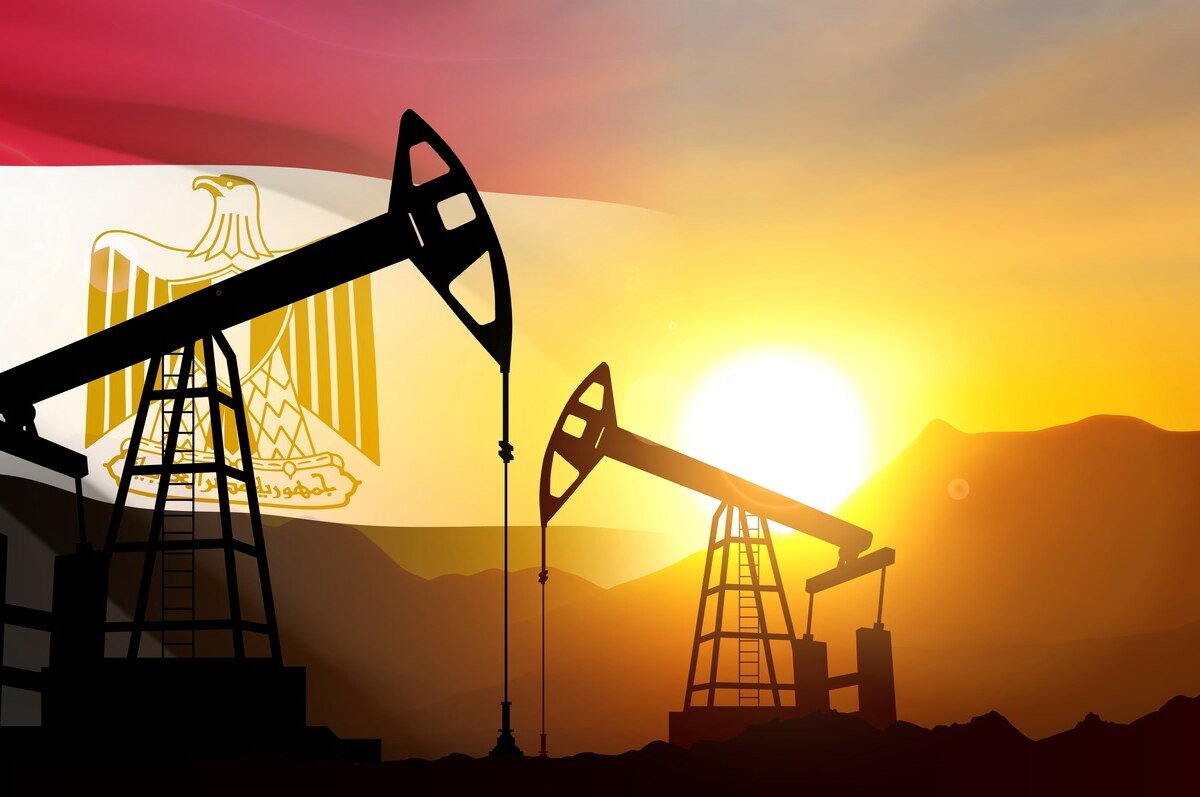Egypt plans to return oil and gas production to pre-pandemic levels from 2025 with the aid of international partners, according to Prime Minister Mostafa Madbouly’s remarks at a press conference.
The North African nation had aspired to become a regional hub for liquefied natural gas (LNG) following a string of recent discoveries, including the massive Zohr offshore gas field estimated to hold 30 trillion cubic feet of gas.
However, the country’s ambitions were curtailed by a shortage of foreign currency, leading to an accumulation of arrears owed to foreign companies working on petroleum projects.
Madbouly outlined a clear strategy to restore oil and natural gas production levels in partnership with foreign entities to their previous benchmarks, and to further augment output in the near future.
In March, the government announced it had started paying off dues owed to foreign companies operating in the country’s petroleum sector. A payment plan for 20 percent of the arrears has been initiated, with the remaining balance to be cleared through a scheduled plan.
Read more: Egypt approves $200 million in energy projects with foreign, national companies
During the summer, Egypt resorted to load-shedding to keep its power grid operational, stating the need to import around $1.18 billion worth of natural gas and mazut fuel oil to address long-standing electricity cuts. The country generates a significant portion of its electricity from natural gas, Reuters reported.
According to the state news agency, Egypt’s petroleum ministry reported gas production at 5.7 billion cubic feet per day in July. The ministry also signed two agreements with international companies in July, collectively investing $340 million to boost oil and gas production in the Mediterranean and Gulf of Suez regions.
For more news on energy, click here.








